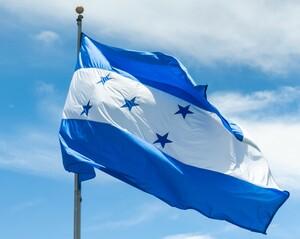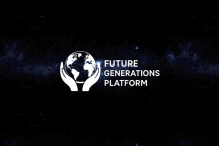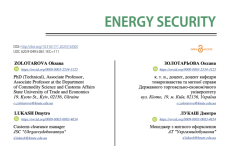This training program will take place in a hybrid format, including a series of webinars and a face-to-face course in Tegucigalpa between the 24th and 26th of October.
The training program is oriented toward Honduras’s high-level decision-makers, including policymakers at the national and sub-national levels, experts, scholars, representatives of unions and the private sector, who are leading and working on agendas to enhance competitiveness, productive development and job creation.
The general objective of the program is to facilitate a learning process to promote Hondura’s sustainable and inclusive development. Specifically, the course has been designed to create and strengthen decision makers’ capabilities to perform diagnostics, design, and implement public policies. Among the topics to be addressed during the course are the economic complexity of Honduras, its insertion and value capture in global value chains, the value of the public-private dialogue collaboration, the policies to promote micro, small and medium-sized enterprises, and the national system of quality for the sustainable economic development.
The training program has been designed through a collaboration between the Inter-American Development Bank, UNU-MERIT’s UNESCO Chair of Science, Technology and Innovation for sustainable development in Latin America. Prof Dr Carlo Pietrobelli leads the academic team. He will be supported by Jorge Valverde, associated researcher to the UNESCO Chair; Carlo Ferraro, former ECLAC senior economist; and Ulrich Harmes-Liedtke, a Mesopartner development specialist.



